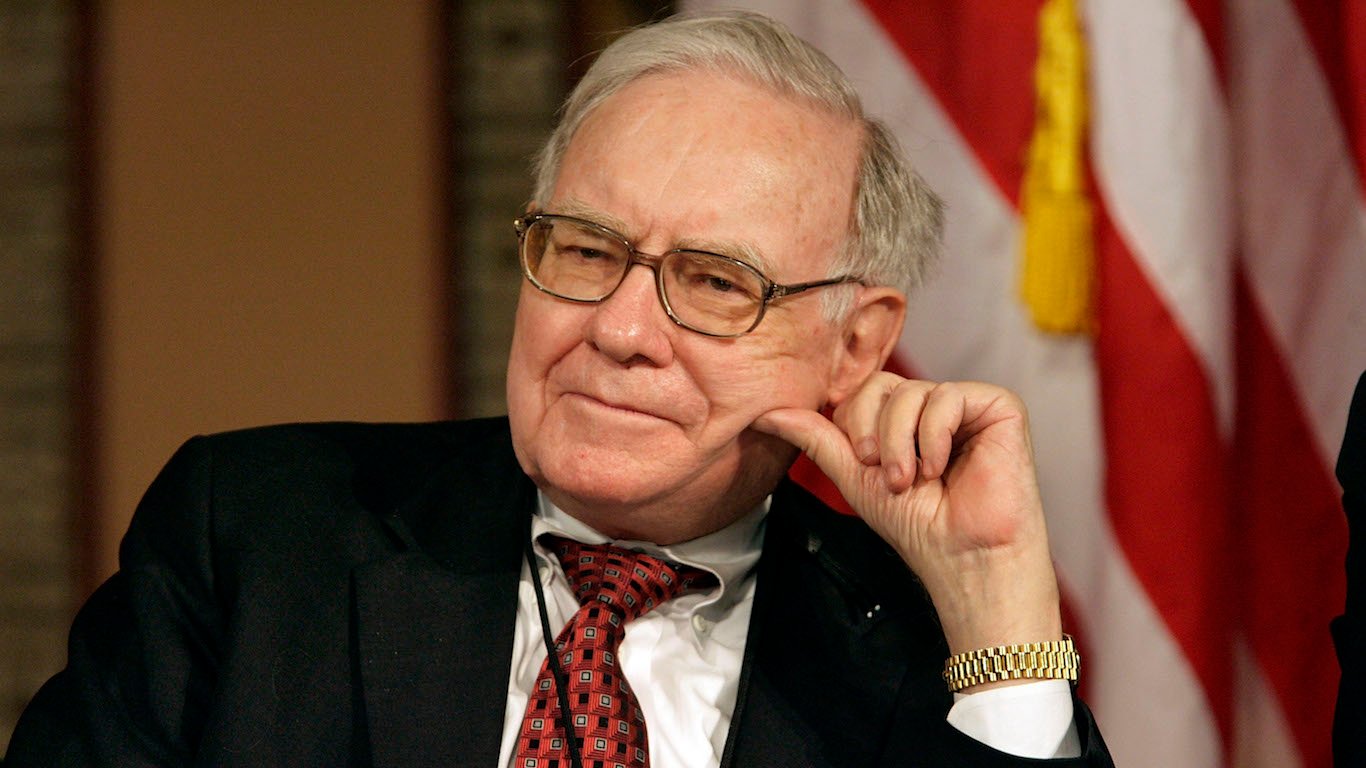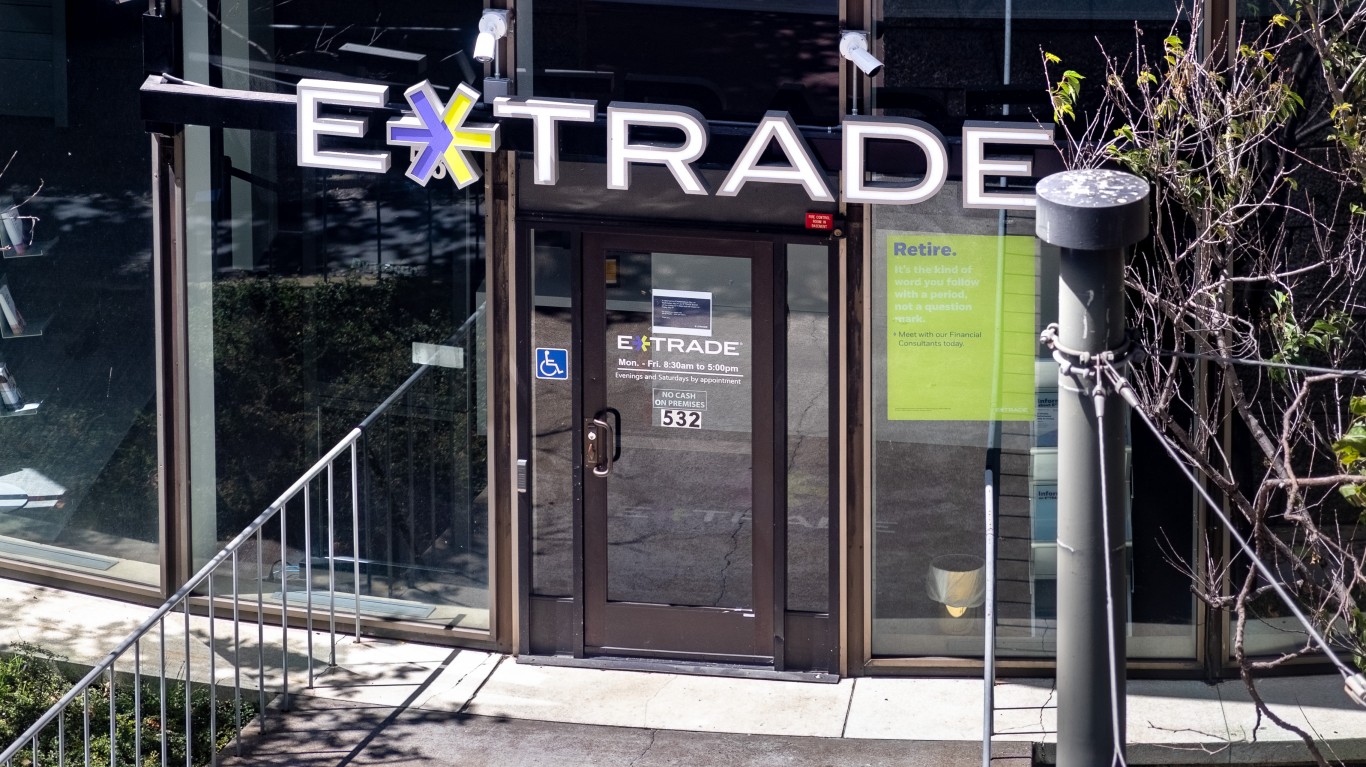

Berkshire Hathaway Inc. (NYSE: BRK-A) is a bit of an enigma when it comes to a traditional company. The company is the largest conglomerate of all, with a $533 billion market cap. While it owns industrials, transportation, utilities and has vast insurance service offerings, Warren Buffett and his team are also mega-investors with close to $200 billion in equity investments and close to $100 billion in cash.
With the annual meeting now days away, what should investors expect from Team Buffett? Finding that next “whale of a merger” has been elusive because Buffett himself has said that most companies out there he would want to look at are fully valued. That leaves a vacuum for what to expect. What will Buffett and his portfolio managers do with all that cash and liquidity?
There are two obvious answers here that are not simple in the execution. One thing that can happen is that Buffett could buy back a lot of stock. Seriously, a lot. Another thing that Buffett could do is to become a larger buyer of banking stocks, after recently trimming some of his holdings.
It’s impossible to know how much Buffett might really spend on stock buybacks, and he probably would be opportunistic if and when the company starts buying back its own shares. That means on big sell-offs, and perhaps that is a realistic expectation rather than buying shares at or close to all-time highs. Just last year, Buffett and sidekick Charlie Munger loosened up the share buyback requirements from certain discount thresholds to basically whenever Buffett and Munger decide they want to buy shares. This was a tell-tale sign that Buffett was having a hard time finding large acquisitions that were cheap. According to the Financial Times, that sum used for buybacks could be $100 billion. That seems ridiculously high, but they also kept an open end for what sort of time frame they meant.
One more likely scenario is that Buffett and Munger could become large purchasers of bank stocks. The full Berkshire Hathaway portfolio is loaded with bank stocks, but Buffett also disclosed in recent months that SEC regulations around 10% ownership and control meant that Berkshire Hathaway would need to sell shares to stay under the 10% threshold in order to avoid added disclosures. That may change now that the Federal Reserve is seeking comments on a proposal to simplify and increase the transparency of rules about determining control of a banking organization.
If you believe that Buffett really would like to gobble up another big merger, note that Credit Suisse named a slew of companies that would fit Buffett’s acquisition criteria and that he would approve of investors buying as an investment. Another issue to consider is that Buffett recently abandoned his evaluation of book value per share as a way to judge his company.
The Federal Reserve has released its proposed rules for investment thresholds in banks, and it is not clear that the SEC also would ease filing requirements if any passive investors such as Berkshire Hathaway invested into the banks. Still, as long as there are not more than one-fourth of directors placed by an investment group and there are no other strict business ties and thresholds met, then companies may be able to own up to 24.99% in certain circumstances.
The Fed’s expansion of bank ownership rules pertains to investment rather than control of a bank. Its opinion is that these changes would make it easier for banks, particularly smaller and community banks, to raise capital to support lending and investment. This effort also would reduce the complexities and burdens for banking organizations and their investors who want to own more of a bank.
If Buffett begins buying more bank stocks, he could begin adding shares of Wells Fargo & Co. (NYSE: WFC), after recent selling. This was said to be due to the 10% SEC threshold, but it was also after the “account scandals” hurt Wells Fargo so much. Buffett also has been a continued acquirer of Bank of America Corp. (NYSE: BAC), with an 896.17 million share stake at the end of December. His Wells Fargo stake was listed as 426.77 million shares at the end of 2019, but that total share count owned by Berkshire Hathaway is down nearly 10% from its peak.
Here are some of the other larger bank stocks that Berkshire Hathaway owned as of December 31, 2018, with changes in each position if obvious:
- Bank of New York Mellon Corp. (NYSE: BK) stake increased to 80.94 million shares at the end of December, up from 77.85 million shares at the end of September and from 64.8 million shares in June. Berkshire Hathaway is was listed as the largest outside holder at the end of 2018, with an 8.48% stake.
- Goldman Sachs Group Inc. (NYSE: GS), now classified as a bank holding company but still is not a major real bank, was the same 18.35 million shares as it was at the end of September 2018 but handily above the levels seen earlier in 2018. This represented a 5% stake at the end of 2018.
- JPMorgan Chase & Co. (NYSE: JPM) was listed as a new stake in September, but at the end of December it was 50.12 million shares, up from a September stake of 35.66 million shares. This was only about a 1.5% stake of all issues shares at the end of 2018.
- PNC Financial Services Group Inc. (NYSE: PNC) increased to 8.26 million shares in December from 6.09 million in September. This was only a 1.82% stake at the end of 2018.
- U.S. Bancorp (NYSE: USB) was at 129.31 million shares at the end of December, up from 124.92 million shares in September and 100.69 million shares at the end of June.
It’s always hard to know what Buffett really will do ahead of time. He is known for surprising the markets with deals, often without even a peep or a hint that it is about to happen. With Berkshire Hathaway shares nearing new all-time highs again, it’s hard to imagine that Buffett would be a major buyer of the shares when there are hundreds of other companies he could invest in or acquire outright.
Thank you for reading! Have some feedback for us?
Contact the 24/7 Wall St. editorial team.
 24/7 Wall St.
24/7 Wall St.


